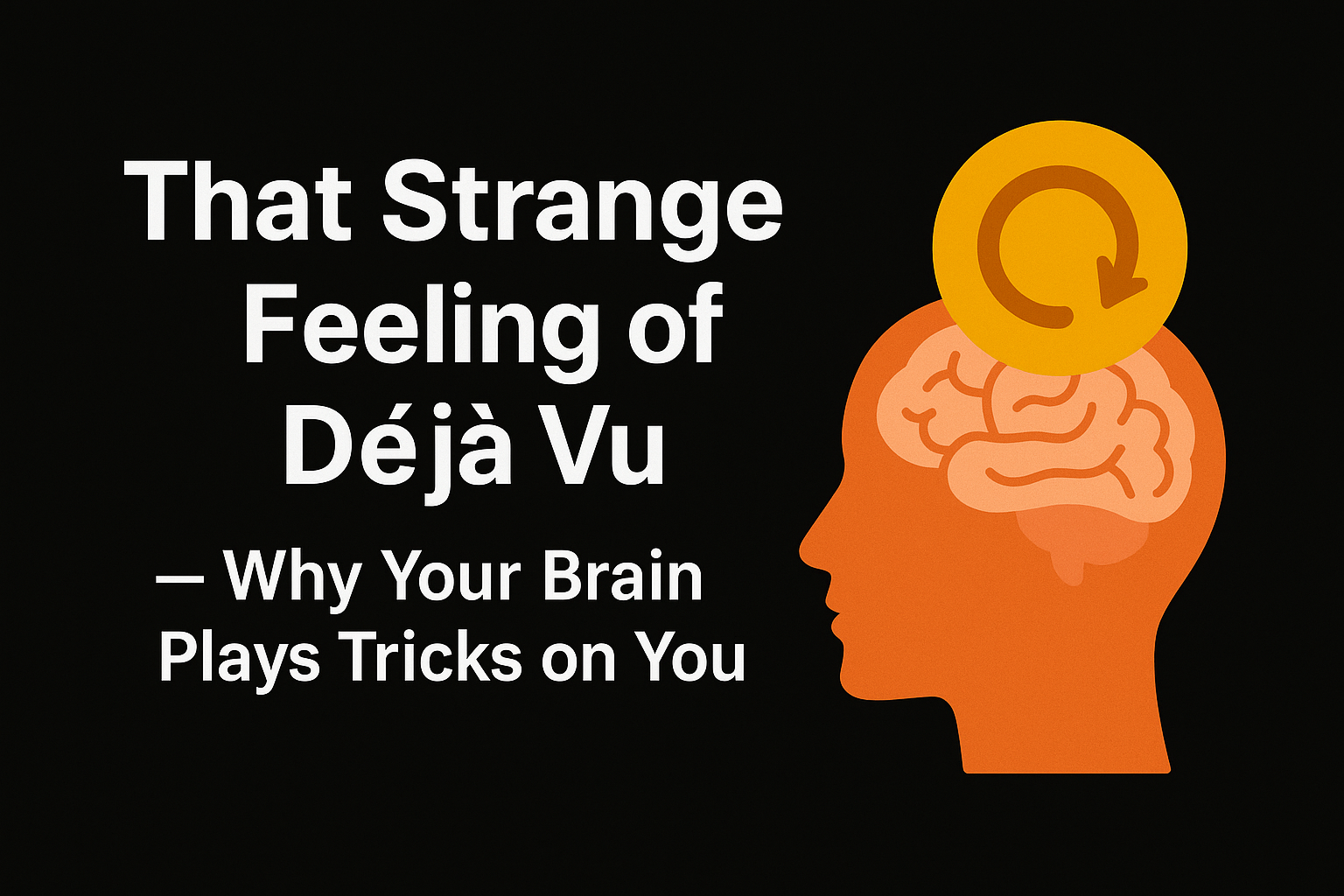What Elements Are Foundational for SEO with AI? A Look into the Future of Search Optimization
As artificial intelligence (AI) continues to revolutionize industries, its impact on SEO is becoming increasingly significant. AI allows businesses to automate and optimize various SEO tasks, from keyword research to technical audits, making strategies more efficient and effective. But what are the core elements that drive AI-powered SEO, and how can businesses harness AI to boost their rankings and improve visibility?
In this blog, we’ll explore the foundational elements of SEO with AI, offering insights into how you can integrate these strategies into your digital marketing approach.
1. Keyword Research and Optimization
Keyword research remains the cornerstone of SEO, but AI has dramatically enhanced the process. Traditional keyword tools can be slow and manual, while AI-driven tools use Natural Language Processing (NLP) and machine learning to understand user intent better and find long-tail keywords that match search queries.
Key Benefits of AI in Keyword Research:
- Identifying search intent: AI doesn’t just find keywords; it understands the context behind user searches, enabling more accurate targeting.
- Competitor analysis: AI can scan competitors' keyword strategies, helping you find gaps and opportunities to rank higher.
- Predictive analytics: AI tools predict trends and future search behaviors, allowing you to adjust your strategy before your competitors.
Incorporating AI-powered keyword tools like Ahrefs, SEMrush, or Google’s AI-driven RankBrain ensures that your keyword strategy is both dynamic and future-proof.
2. Content Creation and Optimization
Content is still king, but AI has made it easier to produce and optimize high-quality, SEO-friendly content at scale. AI tools assist with:
- Content generation: AI tools like Jasper AI and Writesonic can help you generate blog posts, articles, and even social media content based on trending keywords and user needs.
- Content optimization: AI analyzes existing content to suggest improvements, such as keyword density, readability, and structure. Tools like MarketMuse provide insights into what content resonates best with your audience.
By using AI, businesses can create personalized, data-driven content that not only ranks well but also keeps readers engaged
3. Technical SEO with AI
Technical SEO ensures your website’s infrastructure is optimized for search engines. AI has streamlined many of the traditionally manual processes involved in technical SEO:
- Site audits: AI-driven tools scan your site for technical issues such as broken links, crawl errors, or slow page speed, providing detailed reports and suggestions for improvement.
- Schema markup: AI automates the process of adding structured data, which helps search engines understand your site’s content more effectively.
- Mobile optimization: AI can detect mobile responsiveness issues, ensuring your site works smoothly on all devices, an essential factor in Google’s mobile-first indexing.
AI-based platforms like Screaming Frog and DeepCrawl can help automate these tasks, saving time and improving performance.
4. Enhancing User Experience (UX)
AI plays a vital role in improving user experience (UX), which is now a critical ranking factor in SEO. AI tools analyze user behavior on your site, providing insights into:
- User engagement: AI tracks how users interact with your site, identifying drop-off points and pages with high bounce rates.
- Personalization: AI delivers tailored experiences to visitors, offering personalized content and product recommendations based on user preferences.
My One Blog.
This focus on UX not only improves SEO rankings but also increases conversions by making the website more user-friendly.
5. AI-Driven Link Building
Backlinks are still a fundamental part of SEO, and AI is transforming how we approach link-building strategies. AI can:
- Identify link opportunities: AI analyzes competitors' backlink profiles and identifies potential websites for outreach.
- Monitor backlinks: AI tools automatically track the status of your backlinks, alerting you to broken or lost links that need attention.
Tools like BuzzSumo and Linkody automate these tasks, making your link-building efforts more efficient.
6. Predictive Analytics for SEO
One of the most powerful elements AI brings to SEO is predictive analytics. By analyzing historical data, AI can predict future trends in user behavior, allowing businesses to adapt their SEO strategies proactively.
- Keyword trends: AI identifies emerging keywords and search terms, helping businesses stay ahead of the curve.
- Performance forecasting: AI tools predict how your current SEO efforts will perform, offering recommendations for improvement.
My One Blog.
This ability to anticipate market trends ensures that your content strategy remains relevant and competitive over time.
Harnessing AI for Smarter SEO
AI-powered SEO is the future of digital marketing, offering businesses an edge in terms of efficiency, accuracy, and scalability. By leveraging AI for keyword research, content creation, technical SEO, and predictive analytics, you can build a smarter, data-driven SEO strategy that delivers results.
To stay ahead in an increasingly competitive space, businesses must integrate these foundational AI elements into their SEO efforts, ensuring they not only rank higher but stay relevant as search engine algorithms evolve.








Leave a Comment - (Links Acceptable)